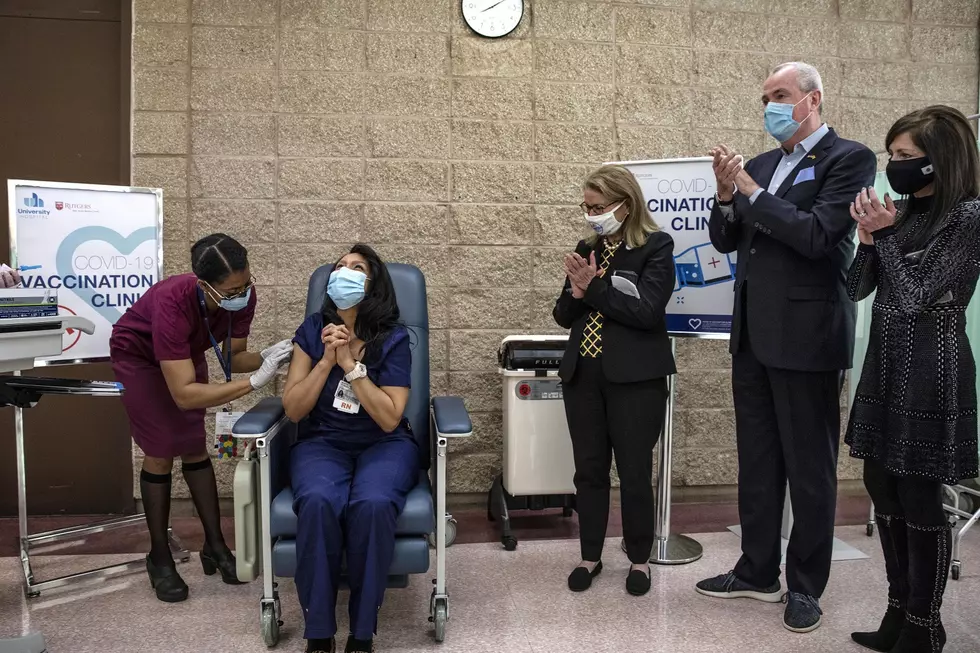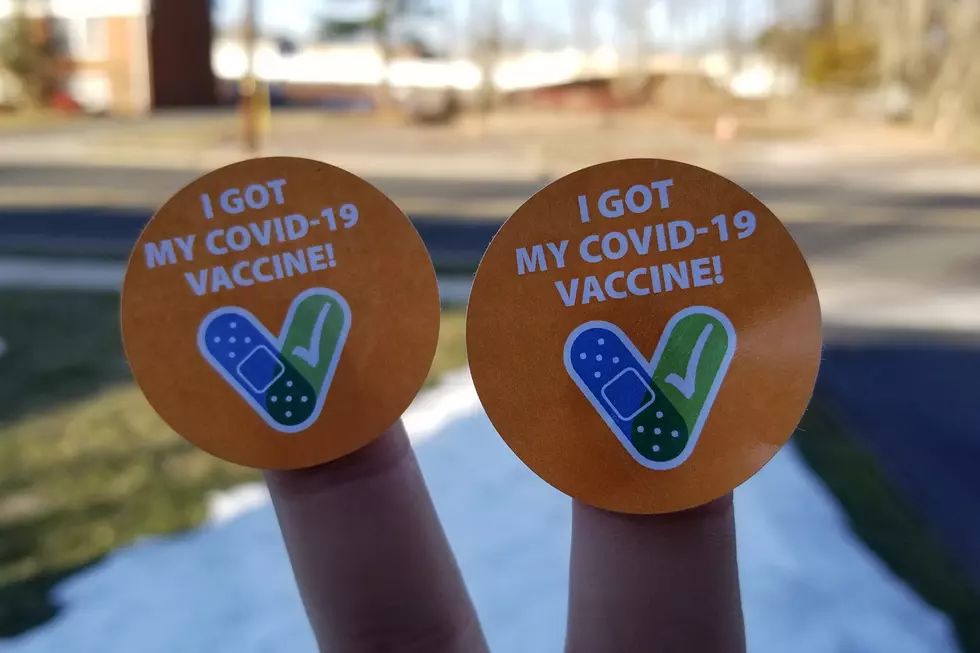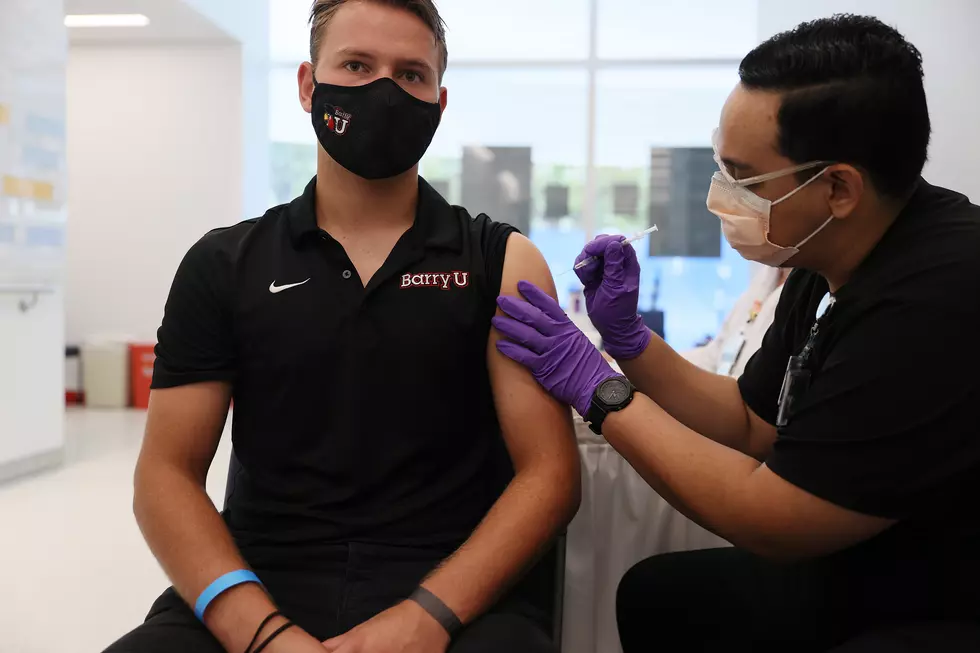
NJ warns of COVID Delta-plus variant. Is it really a threat?
As the state's COVID dashboard shows new infections continuing to drop, it appears the Delta variant is starting to fade.
State health officials are now sounding the alarm over what they say is a new threat: Delta-plus.
At Monday's coronavirus briefing, New Jersey State Epidemiologist Dr. Tina Tan talked about the Delta-plus mutation, it's spread in Europe and danger it poses to New Jersey.
However, data from the Centers for Disease Control and Prevention as well as the state's own COVID website indicate there is no imminent threat.
The Delta-plus variant was first identified in the United Kingdom in September. Early data suggested it was slightly more contagious than the original Delta variant, but vaccines seem to be highly effective at preventing infection.
The CDC does list Delta-plus as a 'Variant of Concern,' but the term is somewhat misleading. A VOC is a classification for variants that "are no longer detected or are circulating at very low levels in the United States." About Delta-plus, the CDC website states it does not "pose a significant or imminent risk to public health in the United States."
New Jersey's own COVID website does not list a single confirmed case of the Delta-plus.
There are other variants that have been identified in New Jersey, including IOTA, which accounts for 13.6% of all COVID strains that have been sequenced. IOTA was first discovered in New York City.
As travel restrictions are eased for travel to and from Europe, it is possible for the Delta-plus variant to spread into the United States, especially through Newark Liberty International Airport, but the new travel requirements include full vaccination and negative COVID testing before entry into the U.S. That greatly reduces the likelihood of a major outbreak.
In the last four weeks, 99% of all COVID infections that were sequenced in New Jersey were the original Delta variant. The state lists just 0.9% of all infections are being something else.
Answers to 25 common COVID-19 vaccine questions
The 10 Most Stolen Vehicles In New Jersey
Cozy winter getaway rentals in NJ
More From 94.5 PST










